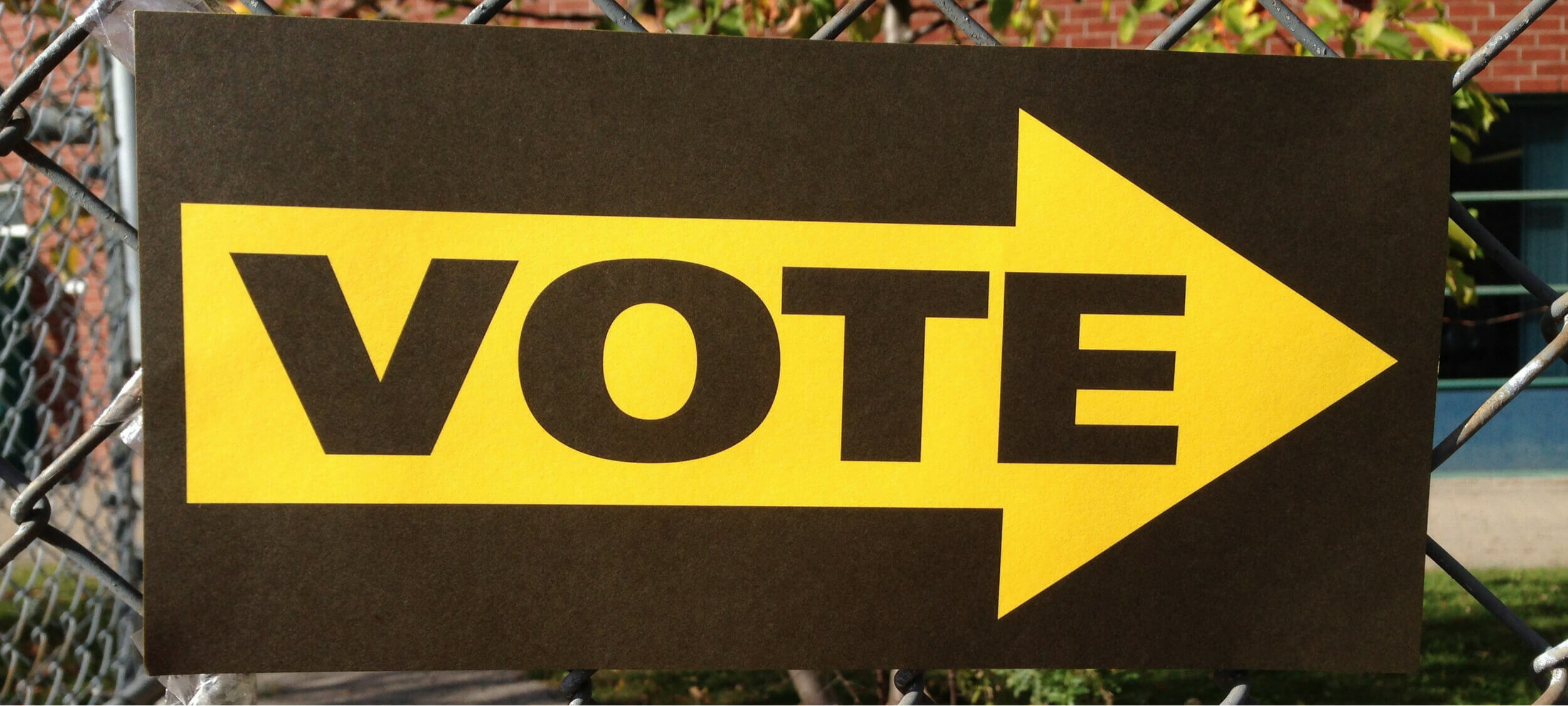
Enough and as good left: Aged care, intergenerational justice and the social contract
Opinion + AnalysisPolitics + Human Rights
BY Dr. Gwilym David Blunt 21 SEP 2023
Any fair society should ensure that everyone has dignity in old age. This isn’t some utopian aspiration. It is an ethical minimum required for us not collectively to hang our heads in shame.
But it isn’t easy and it certainly isn’t cheap.
The question of how to fund aged care is a can that has repeatedly been kicked down the road, because it will invariably require unpopular decisions. Recently the Albanese government has shown an inclination to tackle the difficult issue. Anika Wells, the aged care minister, has formed a task force to implement recommendations of the Royal Commission into Aged Care Quality and Safety. This includes the prospect of introducing an aged care levy, an option dismissed by the previous government.
On its face, a levy seems sensible. Those people earning money ought to be more able to pay than those who are no longer in work. Even if, in the future, these working people do not need to use public aged care, it acts as an insurance policy for them and, on a more fundamental level, it satisfies our ethical obligations to protect the most vulnerable people in our society. Yet, the idea of a levy isn’t popular, which isn’t surprising: people generally don’t like higher taxes. However, scepticism and even anger over the prospect of a new levy doesn’t necessarily come from a place of selfishness.
A levy would affect young people most and they will likely resent the imposition. We are not talking about solipsistic Millennials and Zoomers wanting to indulge in an orgy of avocado toast and flat whites while their elders live in miserable poverty. The levy would require them to pay for the care of an older generation which by almost all metrics has had it easier. The benchmarks of the ‘Australian dream’ have become unobtainable for many young people, who have had to take on extraordinary debt for tertiary education, pay ever rising rents with homeownership out of reach as house prices skyrocket, delay starting families with childcare and associated costs rising, while inflation continues to erode salaries which have been stagnant for years.
All this raises questions about intergenerational justice and the social contract that binds us all together. The liberal tradition of the social contract, embodied in the work of a range of philosophers from 17th century John Locke to 20th century John Rawls, argues that we all can benefit through mutual cooperation, but we need rules to ensure the benefits and burdens are fairly distributed.
Social contract theory is often presented as a deal between the wealthy and the poor. It is a way of ensuring that the worst off in society are better off than they would otherwise be. To this we might add an intergenerational dimension. This makes intuitive sense; many would say that there is an obligation to ensure that each successive generation is better off than the one before or at least enjoys the same standard of living.
Locke’s theory of property helps to flesh out this intuition. On what grounds can we justify taking something out of the commons and saying “I own this”? For Locke two things need to happen:
- You have to mix your labour with something and
- You have to ensure that there is “enough and as good left”.
It is this second condition, which another 20th century philosopher, Robert Nozick called the ‘Lockean Proviso’ that is relevant here. It exists because if the starting point of property is that everything is owned in common, then private property becomes objectionable if it makes other people worse off than they were before. Locke gives the example of filling a bottle of water from a river. The water becomes yours because you’ve mixed your labour with it in the act of filling, but the river remains for anyone else who might wish to do the same. No one’s opportunities are diminished by your appropriation.
This Lockean Proviso connects to the social contract in a direct way. The terms of agreement would have to be such that each generation must leave ‘enough and as good’ for the next. If society does not provide the same set of opportunities, or better, for each generation then something has gone wrong with the distribution of benefits and burdens.
Young people may be able to generate income from work, but they are not the people with the most resources in society. Wealth is increasingly the domain of older people.
You might say “it always has been” – people who have spent their lives working are simply more likely to have more assets than those at the start of their careers.
Yet, if you look at important landmarks in the distribution of wealth, we can see the Lockean Proviso being eroded. In Australia, the proportion of wealth owned by Millennials and Zoomers is significantly smaller than that owned by Baby Boomer and Generation X at the same age. According to the Grattan Institute, the wealth of Australian households under the age of 35 has been stagnant since 2004, while the wealth of older households has grown by 50% in the same time period. This divergence has been exacerbated by generous tax concessions, so that during a period of major wealth accumulation the average income tax paid by over-65s barely changed and the number of older households paying income tax was halved. It is as if a dam has been built on Locke’s common river that provides no benefits for those who live downstream.
With this background, when it comes to aged care, young people may reasonably ask why they ought to carry the burden of paying. Surely, given the intergenerational distribution of opportunity and its fruits, it is fairer to make those who have benefitted most pay more? If the prevailing trend continues and the younger generation is increasingly forced to carry the burdens of social cooperation, then we can expect that more young people will begin to ask why they should continue to cooperate.
This need not be a battle cry to intergenerational warfare or collapse of the social contract. To satisfy the Lockean Proviso, asset-based wealth should be as open to any ‘levy’ as labour-based income.
Ethics in your inbox.
Get the latest inspiration, intelligence, events & more.
By signing up you agree to our privacy policy
You might be interested in…
Big thinker
Politics + Human Rights, Relationships
Big Thinker: Mary Wollstonecraft
Opinion + Analysis
Politics + Human Rights
Why compulsory voting undermines democracy
Opinion + Analysis
Politics + Human Rights
An angry electorate
Opinion + Analysis
Politics + Human Rights




